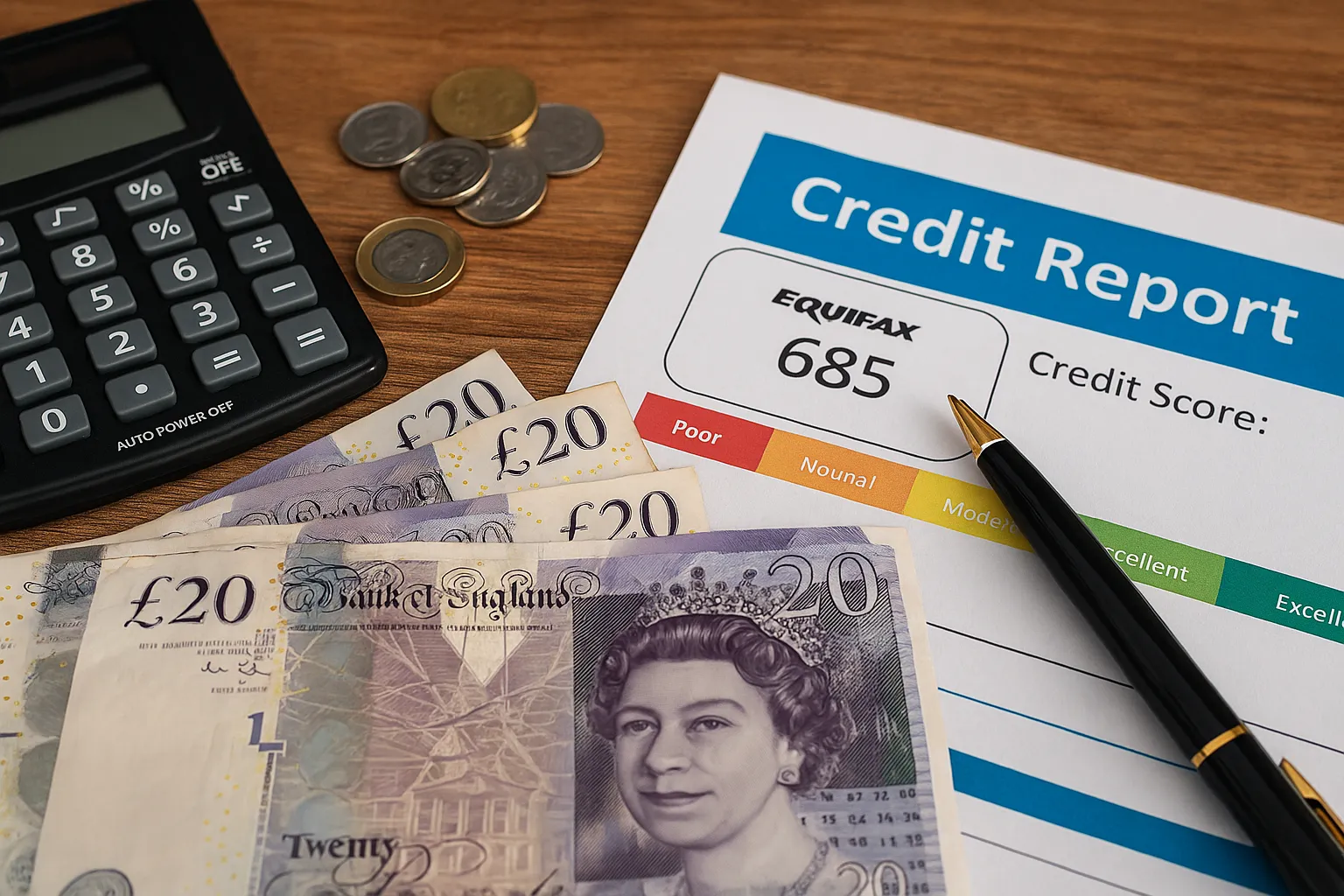Payday loans have long been a controversial but popular financial product for people in the UK who need quick access to cash. The main question that often comes up is whether these loans require a credit check. For many borrowers with poor credit histories, this is the deciding factor in whether a payday loan is even an option.
Having explored short-term lending from both a consumer perspective and as someone who researches financial products, I can say that the answer isn’t always straightforward. It depends on the lender, the type of loan, and the regulations in place. Understanding this is essential before applying.
What are payday loans?
Payday loans are short-term, high-cost loans designed to be repaid on your next payday. They are usually small amounts—often between £100 and £1,000—that are meant to cover immediate expenses like bills, rent, or unexpected emergencies.
They rose to popularity in the UK during the 2000s because they offered fast approval with minimal paperwork. However, over time, regulators stepped in to address issues of debt spirals and predatory lending. Today, payday loans are strictly controlled by the Financial Conduct Authority (FCA).
Do lenders always run credit checks?
Most legitimate UK payday lenders will run some form of credit check. This doesn’t necessarily mean they will decline you if your credit is poor, but rather that they want to assess your affordability and ability to repay.
In many cases, payday lenders run what’s called a “soft credit check.” This type of check allows them to view aspects of your financial history without leaving a footprint visible to other lenders. If you proceed with a loan and it’s approved, a “hard check” may then be recorded on your file.
So while you can’t always avoid a credit check, the process is often less strict than with mainstream banks or credit card companies.
Payday loans and affordability checks
It’s important to note that lenders are legally required to check affordability. Even if they don’t run a traditional credit check, they must ensure that borrowers can reasonably repay the loan without falling into financial hardship. This might involve looking at your income, expenses, and bank statements.
For example, a lender might approve someone with a poor credit score if they can demonstrate stable income. On the other hand, someone with decent credit but irregular earnings might still be denied.
Payday loans and people with bad credit
One reason payday loans remain attractive is that they’re often available to people who have been turned down elsewhere. If your credit history includes late payments, defaults, or even County Court Judgments (CCJs), many banks and credit unions will refuse you outright. Payday lenders, however, may still approve your application, provided you meet their income criteria.
This flexibility is both a benefit and a risk. While it can provide short-term relief, the high interest rates mean that repayment can be tough if you’re already financially stretched.
The role of regulation in payday lending
The FCA introduced new rules in 2015 that reshaped the payday loan market. These rules include:
A daily interest cap of 0.8% of the loan amount.
A total cost cap of 100% of the loan (you can never repay more than double what you borrowed).
A £15 cap on default fees.
These protections have reduced the number of payday lenders in the market and made borrowing safer, but they don’t eliminate risk entirely. It’s still possible to fall into difficulties if you borrow without a clear repayment plan.
Comparing payday loans with alternatives
If you’re considering a payday loan, it’s worth comparing your options. Credit unions, short-term instalment loans, and even borrowing from friends or family can sometimes be more affordable. Payday loans can make sense in genuine emergencies, but they should never be your first choice if other options are available.
Platforms like payday loans uk provide detailed comparisons and insights, which can help borrowers better understand the risks and find lenders that suit their circumstances. Having access to clear information is vital in a market where quick decisions can have long-lasting consequences.
Real-world example
Consider Sarah, who faced a sudden car repair bill of £350. Her credit card was maxed out, and her bank refused an overdraft increase. A payday lender approved her within hours using a soft credit check. Sarah repaid the loan on time, but if she had missed the payment, the high interest and late fees could have made her situation worse.
This illustrates why payday loans should be used cautiously. They can solve short-term problems but can also create longer-term ones if mismanaged.
Practical advice for borrowers
If you’re thinking about applying for a payday loan, keep the following in mind:
Only borrow what you need and can realistically repay.
Check whether the lender is FCA-authorised.
Review all terms and conditions, including fees and repayment schedules.
Treat payday loans as a last resort, not a regular financial tool.
From my experience, the best way to approach payday loans is with full awareness. If you view them as an emergency solution rather than a financial habit, you’re less likely to fall into the common traps.
Final thoughts
So, do payday loans in the UK require a credit check? In most cases, yes—but often a soft check that won’t damage your score. These checks are part of the lender’s responsibility to ensure you can afford repayment. For borrowers with poor credit, payday loans may still be accessible, but they come with risks that should not be underestimated.
Used wisely, payday loans can provide short-term relief. Used recklessly, they can deepen financial struggles. The key lies in informed borrowing, careful planning, and making sure you never take on more than you can handle.








